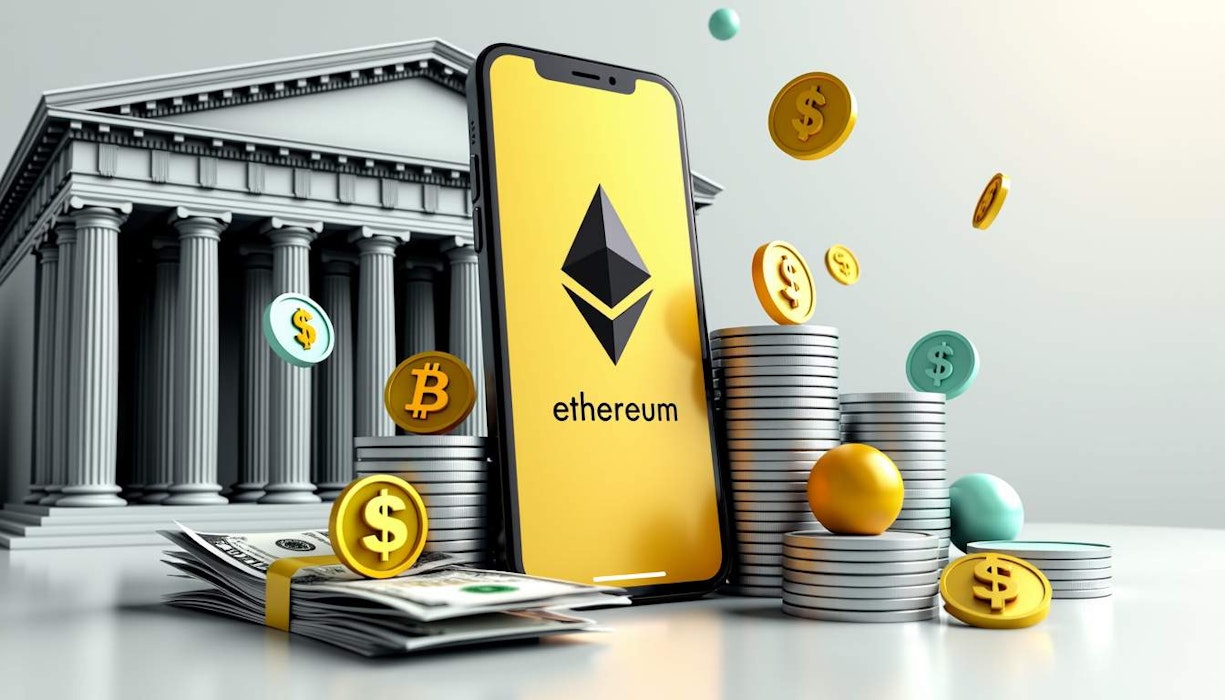I've been diving deep into Ethereum staking lately, and it’s starting to look like a pretty solid investment opportunity. I mean, with the Federal Reserve slashing rates left and right, those staking rewards are looking more appealing by the day. But as with everything in crypto, there are pros and cons. Let me break it down.
What is Ethereum Staking Anyway?
So first off, what exactly is Ethereum staking? Basically, you lock up some ETH to help validate transactions on the network. In return, you earn rewards in newly minted ETH. This whole process is part of Ethereum's shift from Proof-of-Work (PoW) to Proof-of-Stake (PoS), which is supposedly better for energy consumption and scalability.
Comparing Ethereum Staking to Traditional Banking
Returns
Here's where things get interesting. The average return on ETH staking is around 5-10%. That’s way better than what any traditional bank is offering right now—especially in hyperinflationary economies where those rates aren't even keeping up with inflation.
Inflation Protection
In places suffering from hyperinflation, traditional banking isn’t cutting it. Those interest rates aren’t protecting anyone’s purchasing power. On the flip side, staking rewards are in ETH, which could potentially serve as a hedge if its value goes up.
Liquidity
Now let’s talk liquidity. Traditional banks win here; you can access your money anytime without penalties. With Ethereum staking, your funds are pretty much locked up for a while.
Risks
Ethereum staking isn't all sunshine and rainbows though. There are risks galore—market volatility being one of them. And then there’s the technical risk; if you mess up your validator node or get hacked, you could lose your staked ETH.
The Good and Bad of Ethereum Staking
Benefits
On the plus side, you can earn passive income through staking rewards—great for freelancers like me who want to diversify income streams a bit.
You also contribute to network security by making it more decentralized (and less reliant on energy-hogging PoW systems). Plus, if you're into governance, validators get a say in future network decisions.
For those in regions with limited access to traditional banking services (looking at you Latin America), Ethereum staking offers an alternative route into the global economy.
Risks
But hold up! Running a validator isn’t easy—it requires some serious tech know-how and ongoing maintenance. Downtime means missed rewards or worse—slashing penalties that cost you staked ETH!
And good luck if you're trying to stake independently; you'll need at least 32 ETH for that! Most people will have to go through exchanges or pooled services—and that comes with counterparty risks.
Then there's liquidity again: once you've staked your ETH it's out of reach until unstaking becomes available (which might be never!).
Regulatory Landscape
The SEC recently approved some Ethereum ETFs but guess what? They don’t include staking rewards! This makes them less appealing since those rewards go straight to fund providers instead of investors.
Allowing staking within these ETFs could boost demand for ETH itself but given current regulations—that seems unlikely anytime soon.
Summary
So there you have it: Ethereum staking offers potentially higher returns than traditional U.S interest rates but comes loaded with risks especially if you're not savvy about running nodes or using third-party services.
